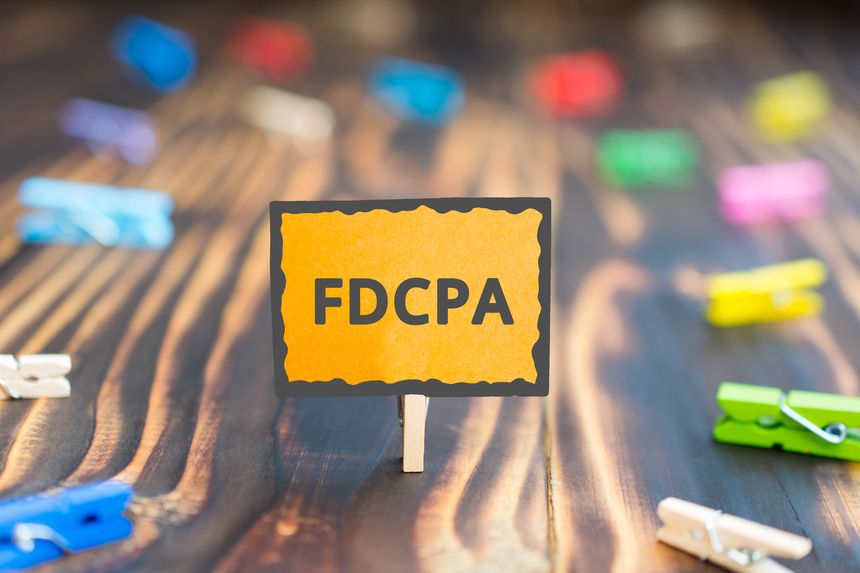The Fair Debt Collection Practices Act (FDCPA) imposes various requirements on debt collectors aimed to protect consumers’ privacy rights and prevent consumer abuse. One such subpart of the statute provides that a debt collector, in connection with collecting a consumer debt, may not communicate “with any person other than the consumer, his attorney, a consumer reporting agency . . . , the creditor, the attorney of the creditor, or the attorney of the debt collector.” 15 U.S.C. § 1692c(b). Notwithstanding the statutory intent, various plaintiffs’ firms have brought consumer suits claiming that a debt collector violates the FDCPA simply by disclosing a consumer debt to a third-party letter-vendor to formulate and mail collection letters.
Courts have taken diverging view in addressing this novel claim theory. Some have allowed the claim to initially proceed, while other have dismissed the claim out of the gate as pressing an overbroad statutory reading or, alternatively, due to a lack of any evident redressable injury.
One appellate court in New Jersey recently weighed in for a second time this year to dismiss this burgeoning category of FDCPA claim. Specifically, in Diana v. FNCB, the Superior Court of New Jersey, Appellate Division, held that “a debt collector’s use of a third-party letter vendor to mail a collection notice does not constitute prohibited third-party communication under the FDCPA.” The court notably criticized the plaintiff for “read[ing] the FDCPA too literally” in asserting the claim and for ignoring that “the FDCPA does not apply to every communication made to a third party” when the primary purpose of the communication is not to induce payment by the consumer. According to the court, the internal step of transmitting information to a vendor to formulate a collection letter does not fall with the statutory ambit.
The Diana case marks a solid stake in the ground, at least in New Jersey, aimed to prevent overbroad expansions of the FDCPA. That said, the law remains in flux, and only time (and potentially legislative intervention) will tell how other jurisdictions will address future plaintiffs’ cases asserting this new category of claims.




/Passle/5fb3c068e5416a1144288bf8/SearchServiceImages/2026-02-18-17-47-46-975-6995fb42b56f40119c9925a6.jpg)
/Passle/5fb3c068e5416a1144288bf8/MediaLibrary/Images/2026-02-18-14-59-20-121-6995d3c8e5579e16b6883227.jpg)
/Passle/5fb3c068e5416a1144288bf8/SearchServiceImages/2026-02-16-16-12-23-638-699341e79675230a6ecd3f0f.jpg)
/Passle/5fb3c068e5416a1144288bf8/SearchServiceImages/2026-02-13-15-53-33-338-698f48fd751df97040675100.jpg)